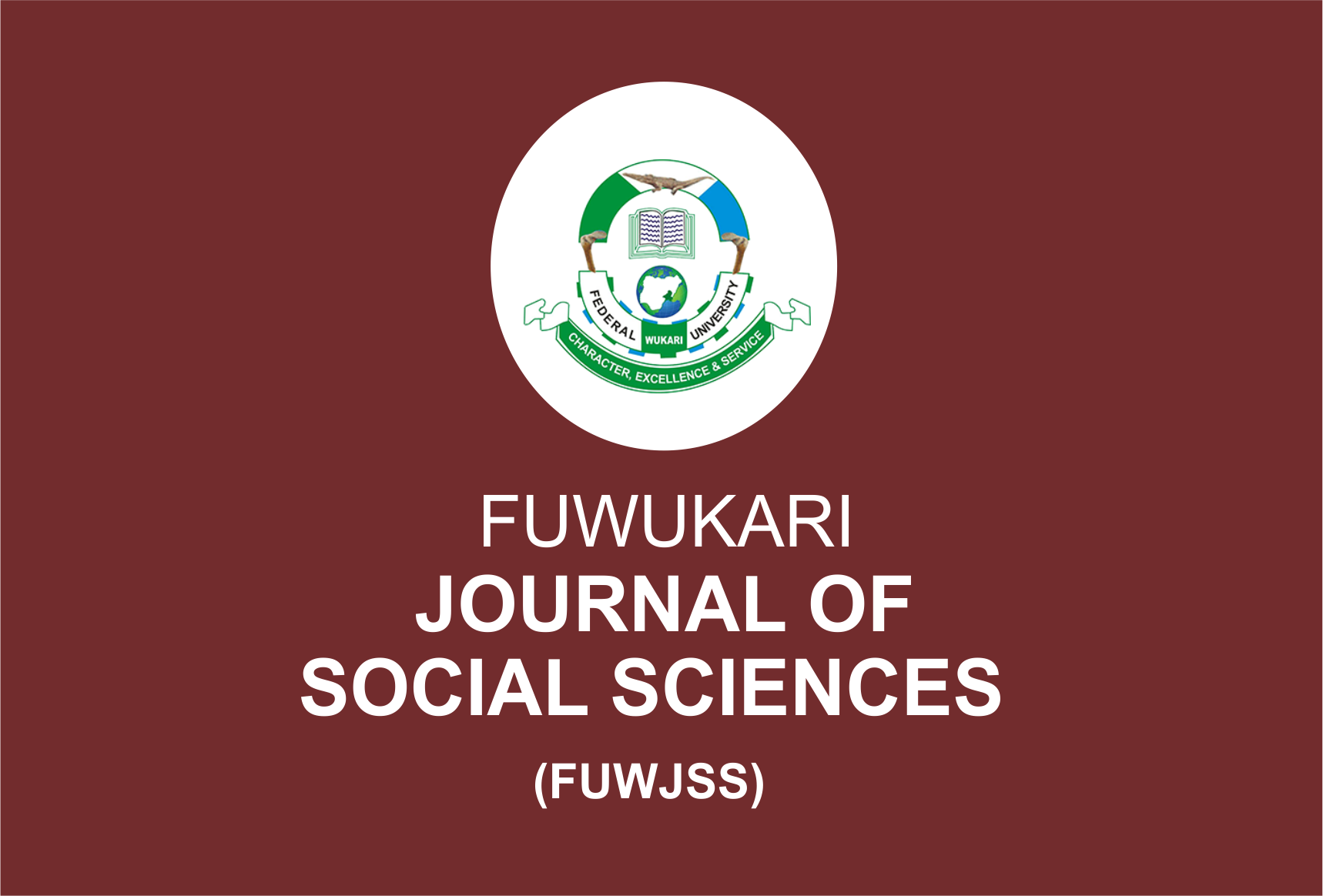Development and Peace Education in a Militarized Democracy
Godwin Etta Odok
Keywords: Culture of peace, violence, kin networks, democracy, security, education
Abstract
Peace education pertinently seeks to instill values, knowledge, attitudes, skills, and behaviours that ensure harmony with oneself, others and the natural environment. In this way, peace education is critical in creating a democratic culture that prevents violence and ensures development within society. Across the different regions of Nigeria, there are recurrences of extreme violence with the rise of ethnic militia groups that enjoy the support of kinfolks. Drawing from interviewed-based case studies in Benue, Taraba, and Katsina States, Nigeria, this paper discusses failures of national security strategies in prioritizing peace-building within contexts of local participation and indigenous systems of power and development. Findings culminate to establish that the absence of indigenous peace-building priorities in Nigeria’s national security and development strategies reinforce violent worldviews and orientations in Nigerian politics and development efforts. Consequently, peace education remains the preferable option for mobilizing for effective security and peace-building in Nigeria’s post-1999 democracy as peace education holds potentials in entrenching a peace-based worldview and culture. Thus, peace education contents and development planning in a democratic Nigeria should integrate and pay equal attention to all aspects and dimensions of the moral, psychological, social, economic, political and transcendent spiritual foundations of development and peace without devaluing, ignoring local experiences of peace and development.
Author Biography
Godwin Etta Odok
Department of Sociology
Federal University Wukari, Taraba State, Nigeria

